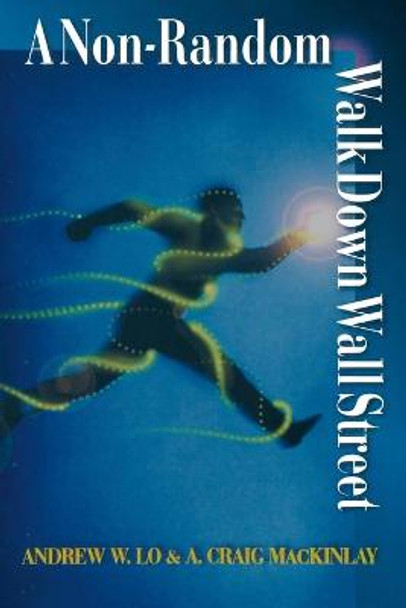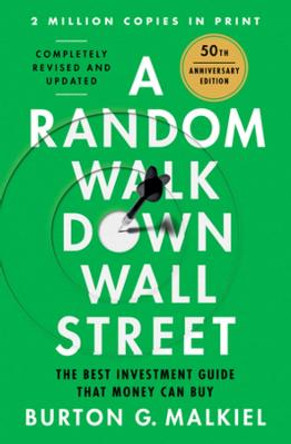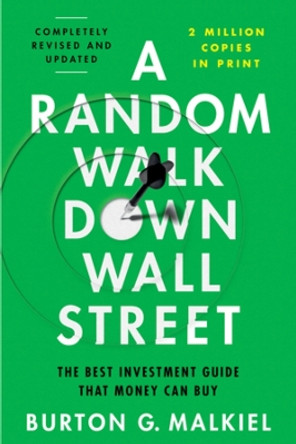Description
This provocative collection of essays provides careful empirical analyses of the major anomalies that have appeared in financial markets in the thirty-five years since Paul Cootner's influential Random Character of Stock Market Prices. It provides convincing evidence against the random walk as applied to stock markets, and at the same time warns us of the dangers of finding spurious anomalies. It is a worthy successor to Cootner's classic. -- Michael Brennan, University of California, Los Angeles This book is highly recommended to academic and private-sector economists who are interested in understanding better the behavior of financial market returns. -- Lars Peter Hansen, University of Chicago The common feature of this work ... is that it is guided by simple economic intuitions while simultaneously being econometrically rigorous and careful. -- Bruce N. Lehmann, UC-San Diego
About the Author
Andrew W. Lo is the Harris & Harris Group Professor of Finance at the Sloan School of Management, Massachusetts Institute of Technology. A. Craig MacKinlay is Joseph P.Wargrove Professor of Finance at the Wharton School, University of Pennsylvania. With John Y. Campbell, they are the authors of The Econometrics of Financial Markets (Princeton), which received the Paul A. Samuelson Award in 1997.
Reviews
"What Andrew W. Lo and A. Craig MacKinlay impressively do ... [is look] for hard statistical evidence of predictable patterns in stock prices... Here they marshal the most sophisticated techniques of financial theory to show that the market is not completely random after all."--Jim Holt, Wall Street Journal "With all its equations, this book is going to turn out to be a classic text in the theory of finance. But it is also one for practitioners."--Diane Coyle, The Independent (London) "Where are today's exploitable anomalies? Lo and MacKinlay argue that fast computers, chewing on newly available, tick-by-tick feeds of market-transaction data, can detect regularities in stock prices that would have been invisible as recently as five years ago. One example: 'clientele bias,' in which certain stocks are popular with investors who have certain trading styles. A case in point that doesn't take a supercomputer to detect, is day traders' current enthusiasm for Internet stocks. Lo says that day traders tend to overreact to news--whether that news is positive or negative--so it should be possible to profit by taking the opposite side of their trades."--Peter Coy, Business Week
Book Information
ISBN 9780691092560
Author Andrew W. Lo
Format Paperback
Page Count 448
Imprint Princeton University Press
Publisher Princeton University Press
Weight(grams) 680g





